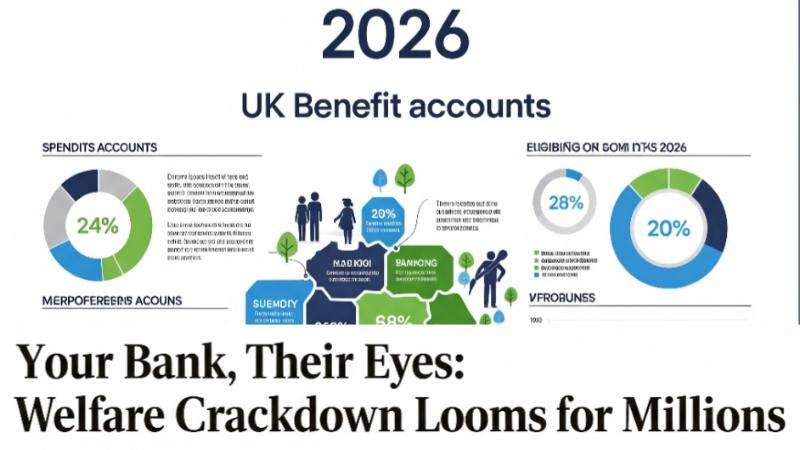More people have applied for and been granted German nationality than at any time in the past 20 years. This is good news as the government wants to attract qualified professionals to the labor market. A record 168,545 applicants with 171 different nationalities received German citizenship in 2022. That was 28% more than in the previous year, the Federal Statistical Office in Wiesbaden reported this week. Twenty-nine percent of people who adopted German nationality in 2022 were from Syria, their average age was 24.8 years, and two-thirds of them are male. Many of them had fled their homeland when the civil war broke out in 2014 and have since found a new home in Germany. Before naturalization, they had been in Germany for an average of 6.4 years. Syrians topped the list, followed by Ukrainian, Iraqi and Turkish nationals. "Almost half of all Syrians who received their German passports did so after only six years. That's because they were able to demonstrate exceptional integration achievements," Jan Schneider, of the independent Expert Council on Integration and Migration, told DW. "In fact, we can expect the number to rise further this year," Schneider said, as the ruling center-left coalition of Social Democrats (SPD), Greens and neoliberal Free Democrats (FDP) has comprehensive plans for changing and simplifying the citizenship law.
High hurdles so far Currently, the requirements for naturalization include language skills (B1) and a secure income, and candidates must have lived in Germany for a minimum of eight years. People who want to become German citizenship have not only had to pay the fee of €255 ($272) but also need to be able to document their identity and pass a written test in German, which consists of 33 questions on German customs and society and the law. Applicants must also declare their support for democracy and the German constitution, the Basic Law. Anyone who has been convicted of a criminal offense does not stand a chance. Neither do applicants who have no income or savings and rely solely on state support. But, now, Germany sees a labor shortage across its economy, ranging from IT specialists to medical staff to food servers. Labor market experts have estimated that Germany needs 400,000 immigrants per year to close the widening gap. Currently, only 60,000 are attracted each year by the government's skilled immigration program. A fundamental change in the citizenship law, the government argues, could be an incentive for people to come and for those already living here to integrate better. lans to simplify the citizenship law Legislation proposed by Interior Minister Nancy Faeser will make dual citizenship easier, as well as naturalization for non-EU citizens. It boils down to three main changes. Immigrants legally living in Germany will be allowed to apply for citizenship after five rather than eight years. This shall go down to only three years if the applicant can show special integration achievements. Children born in Germany of at least one parent who has been living legally in the country for five or more years will automatically get German citizenship.
Multiple citizenships will be allowed. So far, only EU and Swiss nationals, and those whose country of origin does not allow people to renounce citizenship such as Iran, Afghanistan and Morocco, for example; refugees who are threatened with persecution in their home countries; and Israelis are generally permitted to hold on to their original passports when they get a German one. Schneider believes that, for some of the approximately 1.3 million Turks who are living in Germany, "the dual passport may well be an incentive for naturalization."
Opposition to reform The new record figures for naturalizations have triggered another storm of protest among critics, especially from the largest opposition group, the center-right Christian Democrat Union and the regional Christian Social Union (CDU/CSU). Their parliamentary group's spokesman, Thorsten Frei, told the daily newspaper Die Welt: "The plans of Interior Minister Nancy Faeser increase the risk that more people will be naturalized who are not sufficiently integrated." He said there were no convincing reasons to lower the requirements for a German passport. Currently, about 6 million foreign citizens have been living in Germany for over eight years. If the minimum period of residence for naturalization is set at five years, migration expert Schneider pointed out, most of them will meet the criteria for naturalization. Although it is not possible to predict today whether parliament will approve the government's bill, "a massive increase in naturalization applications" is to be expected, Schneider said. "Applications for naturalization are already piling up in many Citizens' Offices," he added.
First published: May 31, 2023 Copyright DW - All rights reserved DW is not responsible for the content of external websites Source: dw.com








.svg)

